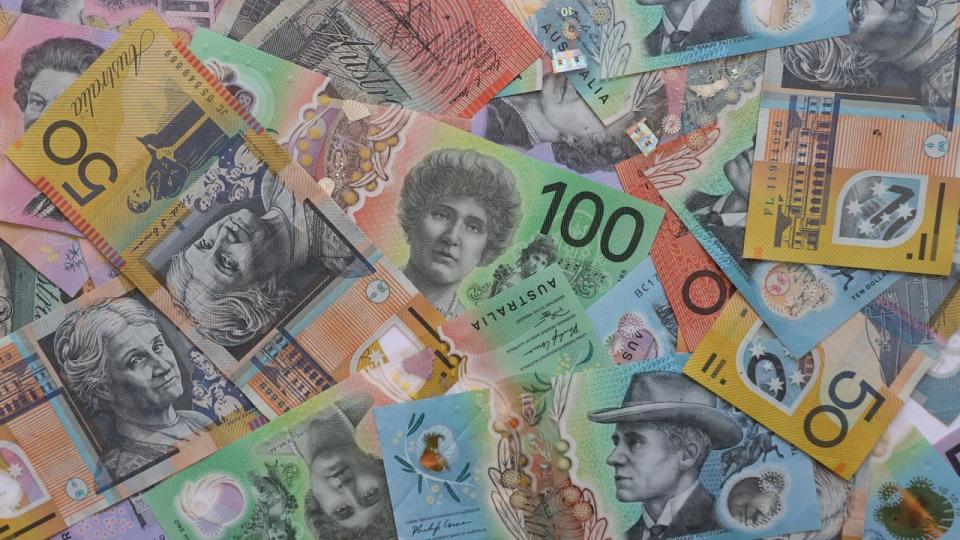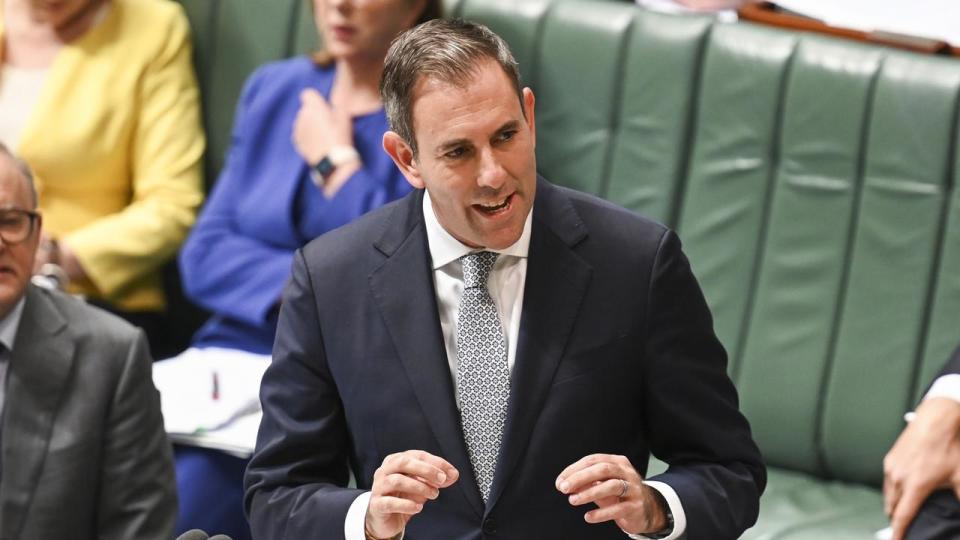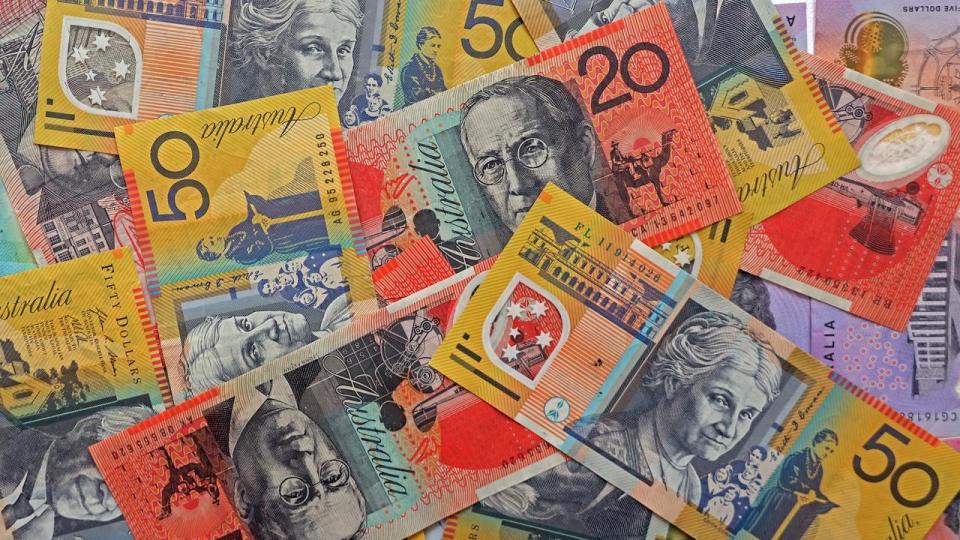Big issue with Albo’s pay rise fight

The Albanese government has backed a real wage increase for the country’s “low-paid” workers, but it will be up to the industrial umpire to determine exactly who such an employee is.
In its submission to the Fair Work Commission’s annual wage review — which covers almost 2.9 million award and minimum wage earners — the government has argued the country’s lowest paid workers should “not go backwards”, but did not detail which Australians besides those on the minimum wage should be afforded a real pay boost.
Of Australia’s award-reliant workers, “many” are low-paid, the submission states.
There are around 2000 award rates of pay, with rates varying widely from the national minimum wage rate of $45,905.60 per year, up to $210,690 per year for employees on the 2020 Air Pilots Award.


Despite not detailing who it classifies as “low-paid”, Treasurer Jim Chalmers and Employment Minister Tony Burke said the government “had gone into bat for Australian workers”.
“One of the best ways to deal with cost‑of‑living pressures is to ensure workers earn enough to provide for their loved ones and to get ahead,” the pair said.
The ministers said any wage boost should be in addition to, rather than a substitute for, the government’s overhauled stage 3 tax cuts
“Our economic plan is all about helping Australians earn more and keep more of what they earn, which is why we’re focused on delivering strong and sustainable wages growth and giving a tax cut to every Australian taxpayer on 1 July this year,” they added.
“We’ve made welcome progress on inflation and seen a return to real wages growth earlier than forecast, but we know it’s not mission accomplished because many Australians are still under pressure.”
With the government pegging wage hikes for the lowest paid to the inflation rate, the March CPI reading will be particularly important in the Commission’s deliberations.
Only once in since the Commission’s formation by the former Gillard government has it granted a pay increase that was less than the CPI reading from the March quarter.
An increase of 3.7 per cent, halfway between the 4.1 per cent CPI reading recorded in December and the RBA’s June forecast of 3.3 per cent, would bring the minimum wage to $24.00 an hour or $912 a week – among the highest rates of OECD countries.

Clearer in its delineation of the workers who should receive a pay hike is the Australian Council of Trade Union (ACTU) which has supported a 5 per cent inflation-beating pay increase for all employees.
The ACTU’s proposed pay hike would lift the national minimum wage to $24.39 per hour or $926.82 a week, up from its current level of $23.23 per hour or $882.74.
Earlier this week, the country’s largest business organisation, the Australian Chamber of Commerce and Industry (ACCI), called for an increase of “not more than 2 per cent”.
Rival business organisation Ai Group had advocated for a 2.8 per cent increase.
However, with inflation is expected to stay above 3 per cent through to mid-2025 according to the Reserve Bank’s own forecasts, both ACCI and Ai Group’s proposals, which would bring the minimum wage to $23.69 per hour and $23.88 per hour, respectively, would amount to a real wage cut.

 Yahoo Finance
Yahoo Finance 